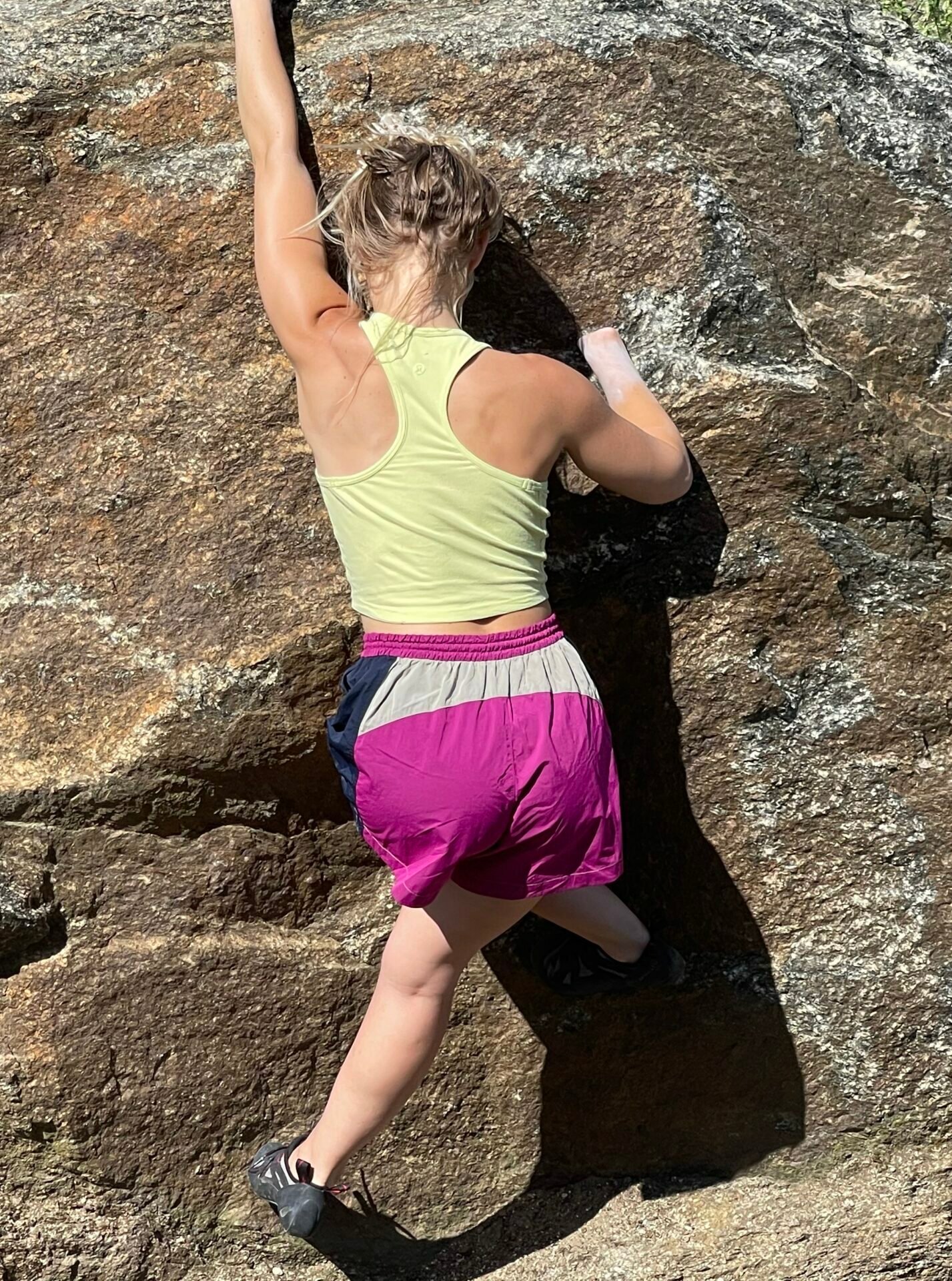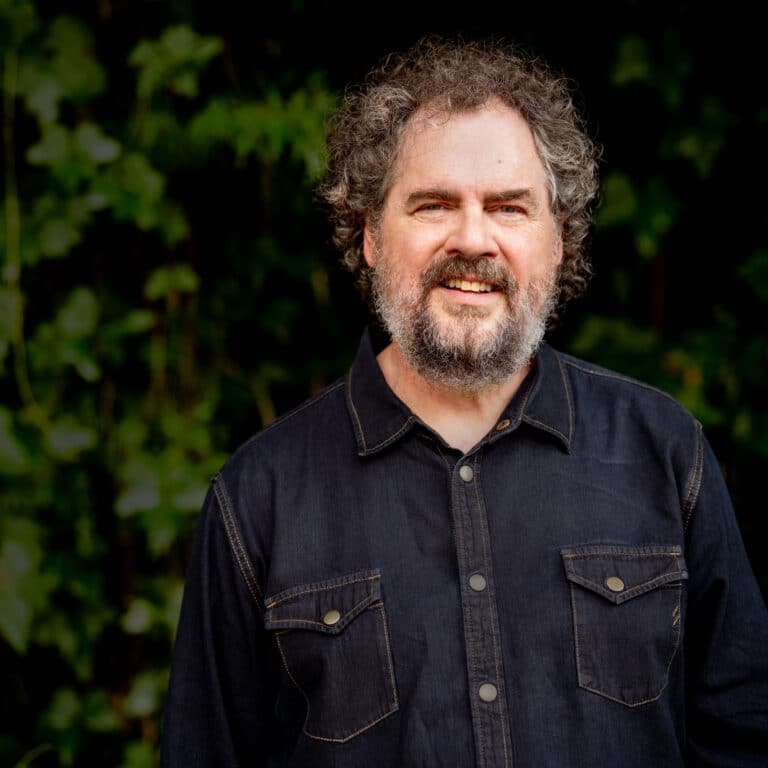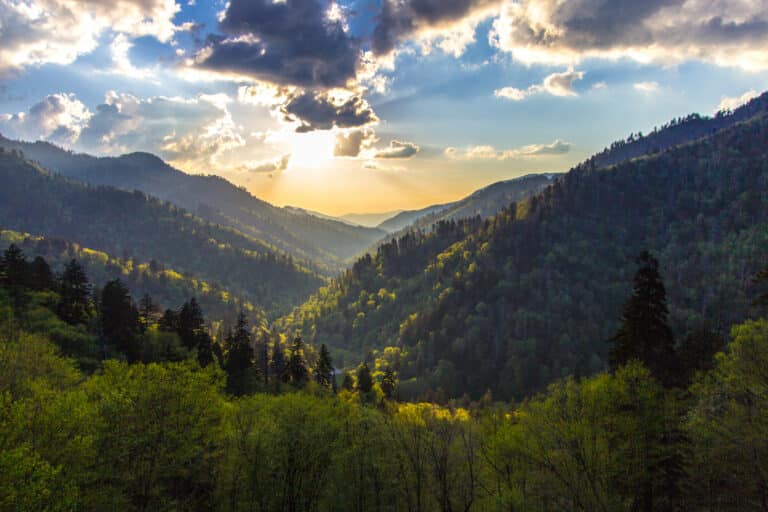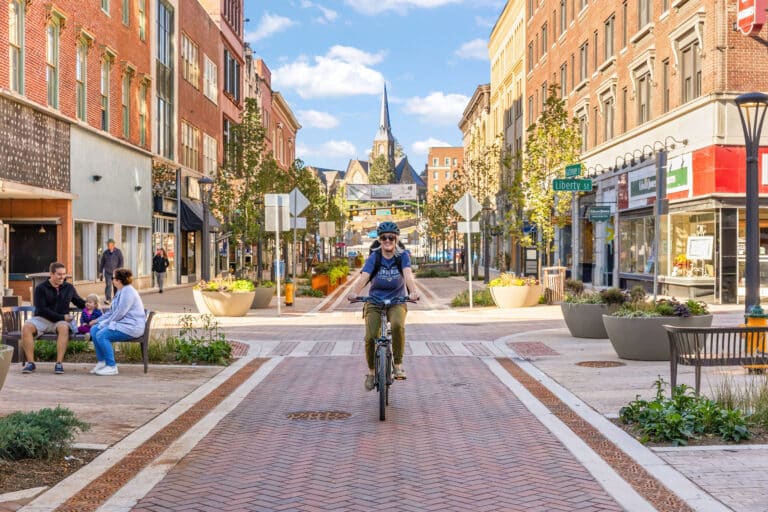After a Life-changing Accident, a Chef Finds Strength Through Climbing
ALLIE REDSHAW WASN’T A CLIMBER BEFORE THE accident. Her attention was focused on being a new mom and a chef at some of Charlottesville, Virginia’s best restaurants. But then one night at work in 2017 her right hand got caught in a meat grinder and doctors at the University of Virginia ultimately determined it needed to be amputated.
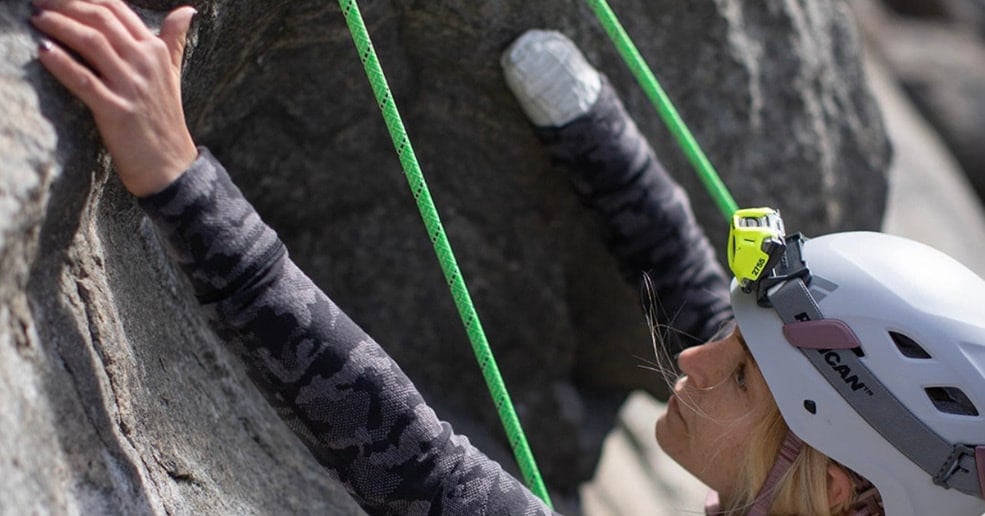
At the time, Redshaw, a trained professional chef who graduated from the Culinary Institute of America, was pregnant with her second daughter. So as her life quickly changed, Redshaw decided her healing process would include new pursuits.
First came hot yoga. Redshaw received a gift certificate from a friend, and the generous gesture ultimately led to her completing a 200-hour teacher training (she now teaches Bikram to dozens of students every week). Then she moved from extreme heat to extreme heights.
Without any previous experience, Redshaw applied for a grant to attend a climbing clinic with Kirstie Ennis, a veteran and accomplished mountaineer who lost a leg while fighting in Afghanistan and now helps those suffering from trauma through outdoor therapy.
Redshaw says she was timid when she showed up for the clinic in Colorado four years ago, but Ennis saw potential in her skills and later asked if she’d be interested in being a sponsored paralympic climber.
“She saw me as a great athlete at a time when I felt so diminished,” Redshaw said of Ennis. “She believed in me when I had problems doing daily tasks. It was empowering.”
With newfound confidence, Redshaw signed up for the Paraclimbing National Championships soon after, and although her performance fell short of personal expectations, the competition motivated her to keep climbing.
“I definitely underestimated the athleticism that would be there,” Redshaw remembered, “but it showed me I was alive. I got a dose of humility, yet the entire experience lit me up. It drove me to be better.”
Last year Redshaw joined a team of adaptive athletes and summited Cotopaxi, a 19,347-foot peak in Ecuador. The adventure benefited Range of Motion Project, a nonprofit that helps provide amputees with assistive devices and other resources. And in May she traveled to Salt Lake City to compete in the Paraclimbing World Cup, another eye-opening experience that gave her inspiring admiration for the achievements of adaptive athletes.
“I hadn’t seen that many people in a room before that looked like me,” Redshaw said. “This community has been waiting for this platform, to step in and be ready to be treated like athletes.”

Redshaw recently started working with a modeling agency that places differently abled bodies in major media campaigns. Although modeling is something she admits she would never have done before her accident, it’s part of her committment to raising awareness for transparency around body differences and helping those in search of assistance.
“Where I live, I had resources and people around me to help me heal,” Redshaw shared. “It was a privilege. Now I am doing everything I can to bring access and resources to people. I want to keep asking: ‘How can we make bodily and human differences cool?’”
Redshaw has spent the last couple years training at Peak Experiences in Richmond with Sam King, the climbing gym’s head of instruction who’s been seeking ways to make climbing more inclusive, particularly for the adaptive community.
“Climbing is unique in that anyone can feel a sense of accomplishment at any level,” said King. “The goal doesn’t need to be to make it to the top, but to challenge yourself. We want to give everyone the ability to experience that and instead of asking if it’s possible, we look at how we can make it possible.”
While adaptive communities can still be hard to find in smaller communities, Redshaw said it’s beneficial for those with body differences to find pursuits they’re passionate about and advocate for themselves.
“There are people out there who want to support you,” she encouraged. “It may be the hardest thing in the world to call someone or show up, but many magical things will come if you do. You just have to have an openness to what comes.”
